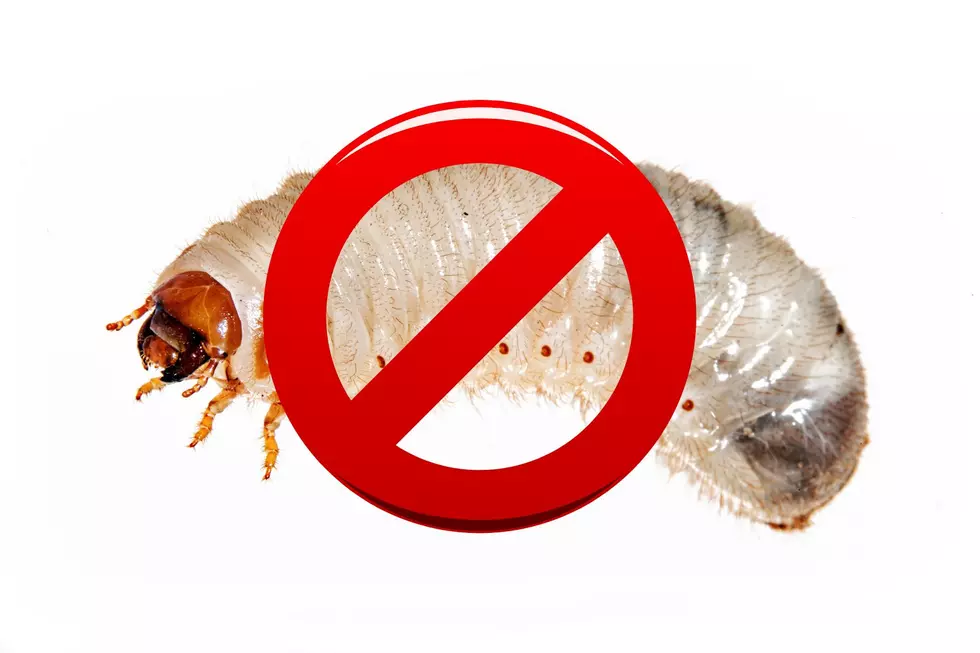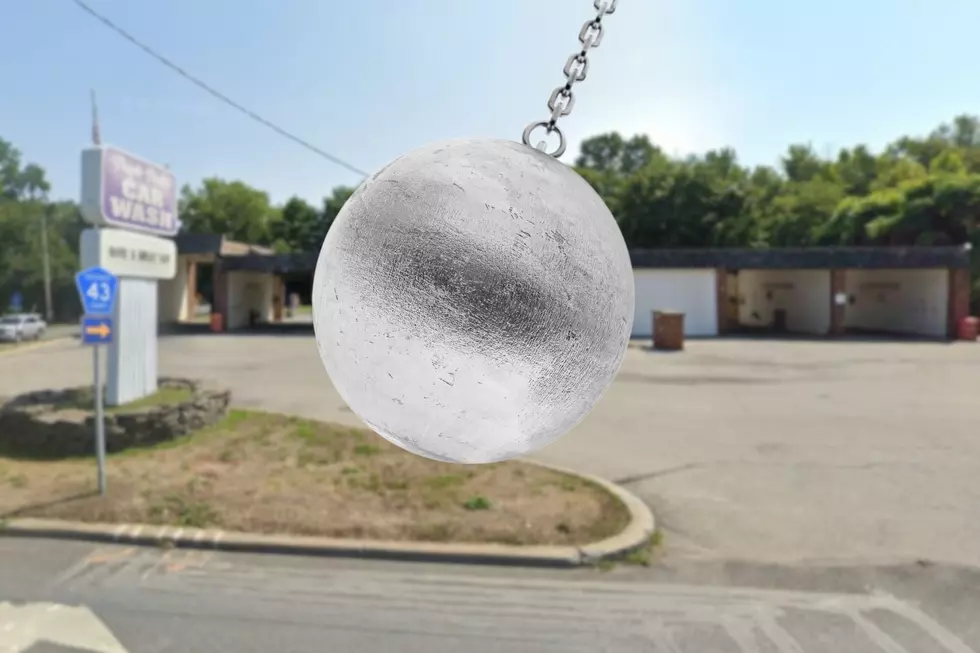
Japanese Beetle Grubs Damaging the Hudson Valley, Here’s How to Handle Them
If you have a garden, you might need some help dealing with the one thing you don't want to see in it.
Just about everyone has that one person they turn to when they have a question or problem with their gardens. You know that one person who seems to have the best garden every year! Well, that person is not me but I do have some friends that do the garden thing every year, and just the other day we had a conversation about the most random thing ever.
Japanese Beetle Grubs
I had never heard of these before but from what my garden friend was telling me, these things can destroy a garden real quick. He explained the history of the beetle to me...LOL...I won't bore you with that, but I thought it might be helpful to Hudson Valley gardeners to try and find what to do if you have them.
How to Deal With Japanese Beetle Grubs
As I searched online for any tips to deal with these things, I came across a Facebook post from the folks at Sabellico Greenhouses & Florist in Hopewell Junction that talked about what to do if you have beetles in your garden.
If There's One Expect More
First, they said that once you see one Japanese beetle, you can expect to see a bunch more very quickly. They recommend that "hand picking the earliest arrivals can help keep numbers down significantly. In the early morning, beetles are sluggish and can be shaken from branches into a bucket of soapy water."
If you want to go the chemical pesticide route to control the beetles, they recommended Bonide Japanese Beetle Killer spray or Captain Jack's Deed Bug Brew. If you go this route, make sure to always read the package label of the product to make sure it's safe to use and follow the application instructions.
Does Milky Spore Work?
According to Sabellico's, milky spore is NOT a quick fix recommendation for the beetle grubs as it will NOT kill the grubs or beetles that are already in your soil but if you choose to use it, it will prevent them in the future, "It might take a couple of years before the Milky Spore becomes well established but once it does, you should not have to worry about grubs for about 20 years." They went on to say that you should never use any chemical pesticides at the same time as milky spores because it will affect the spore's efficacy.
Hudson Valley NY Farm Fresh Summer Fruits and Veggies
Own One Of the Oldest Houses in New York
More From WPDH-WPDA









